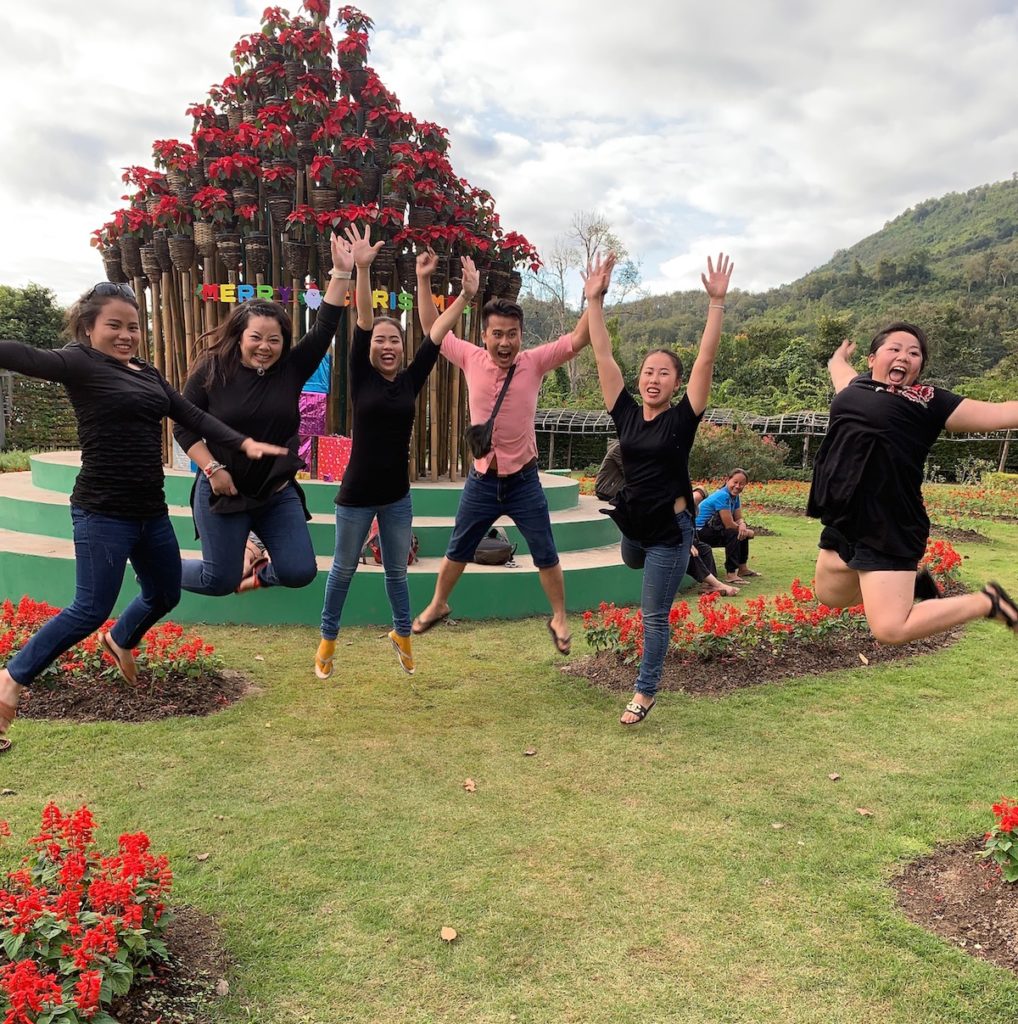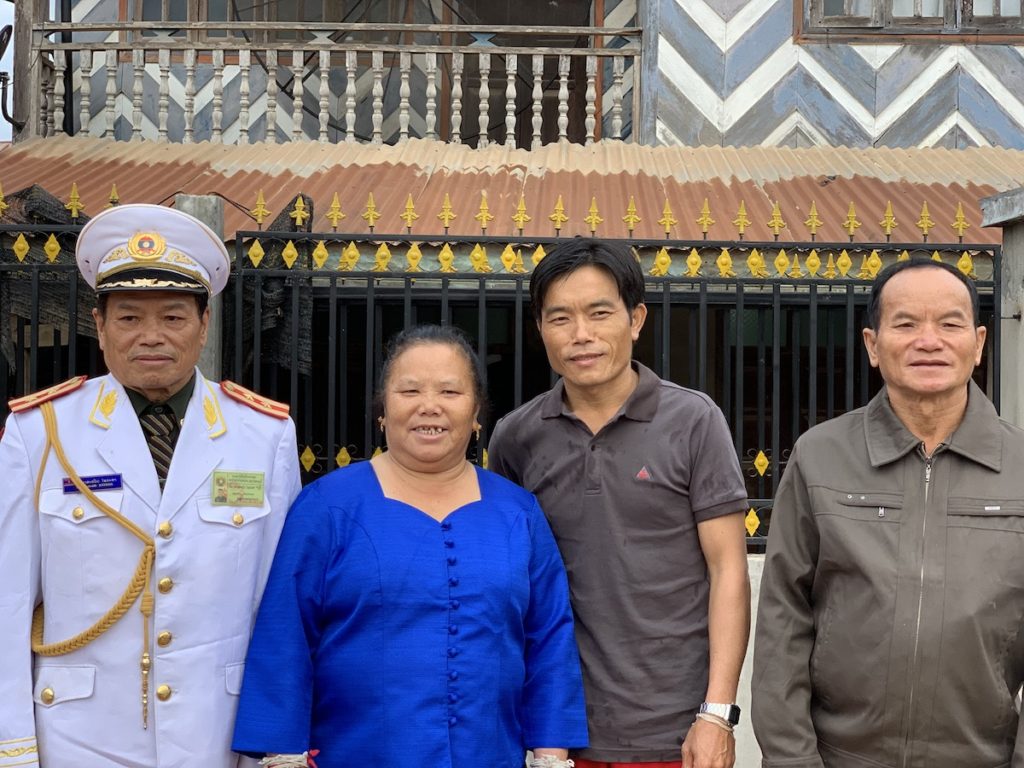January 31, 2019 IN: Staff Blog
Healing My Soul in Laos

“Healing begins when you step foot on your ancestors’ land.” – Adelina Tancioco, Surrendered Healing.
I met my maternal uncles and cousins in Laos for the first time, and my heart has been crying ever since.
For the first time in my life, I traveled to Laos in December with my mom and sister to visit my uncles. Even when the amount of time my parents have spent in the United States is now greater than the time they spent in Laos, Laos will forever be considered their “homeland.” By some combination of fate and higher being, I attended an AAPI women’s event two hours away, even when I was physically and emotionally exhausted; one of the guest speakers spoke directly to my soul. This AAPI women healer said, “Healing begins when you step foot on your ancestors’ land.” While I had anticipated that the combination of meeting my uncles and traveling with my mom would be an event of itself, those words shook my core and whispered to a soul so desperately trying to heal the wounds and scars growing up as a Hmong-American womxn / daughter.

My mom, reuniting with her brothers at long last.
I cried meeting my uncles. My uncles are not wealthy, but they were rich with love and gave more than I ever knew was possible. To make up for all the years lost, my uncles spoiled us with their most prideful harvests, bought little treats and candy for my sister and me (we’re 25+ years old!), and hugged and kissed us beyond any patriarchy limitations could prevent. I cried, because I was overwhelmed with love. I cried, because I didn’t know older Hmong men could show such tender affections for their daughters.* I cried, admitting that I’ve never received this type of affection from my dad and how hurt I’ve been. I cried, recognizing the complex feelings of receiving this type of love and affection for the first time, while tending to its resurfacing wounds. I cried, knowing that the double patriarchy the Hmong American community experiences, is hurting all of us—stripping the words and emotions from our fathers and brothers, questioning the worth and value of my mothers and sisters, and erasing the existence of my LGBTQ+ community.
I cried recognizing how much I had been desperately yearning for more extended family and their special love. Why did it take 30+ years for my uncles to meet my mom’s kids for the first time? For the first time, I truly understood the pain of being displaced from the Secret War and the longing my mom has been secretly suppressing. On the night before we left, my cousins and I drank BeerLao® to celebrate and conclude our visit. I cried, promising to return in five years, knowing that even tomorrow isn’t promised. Health care isn’t affordable in Laos, and any accident can potentially be fatal. They cried, pleading for us not to wait too long to return, recognizing that our reunion is only possible when we can afford to visit them. We cried together, grieving the “now” that is lost.
Nyias nyob nyias ib sab ntuj, ua rau kuv lub siab poob nthav. Yuav ua li cas thiaj tau los nyob ua ke duas?
(Living on the other side of the world from each other leaves me with a heavy heart. What will it take to reunite again?)
I’m not done crying over the pain caused by systematic oppression, patriarchy, displacement, and irresponsible immigration policies, but I am renewed, healing through love, and ready to fight for my Southeast Asian American community’s right to education, health care, and family.
*In the Hmong community, the children of your siblings are considered your children, too.
Lee Lo is SEARAC’s California Policy Advocate. To contact her, e-mail lee@searac.org.





